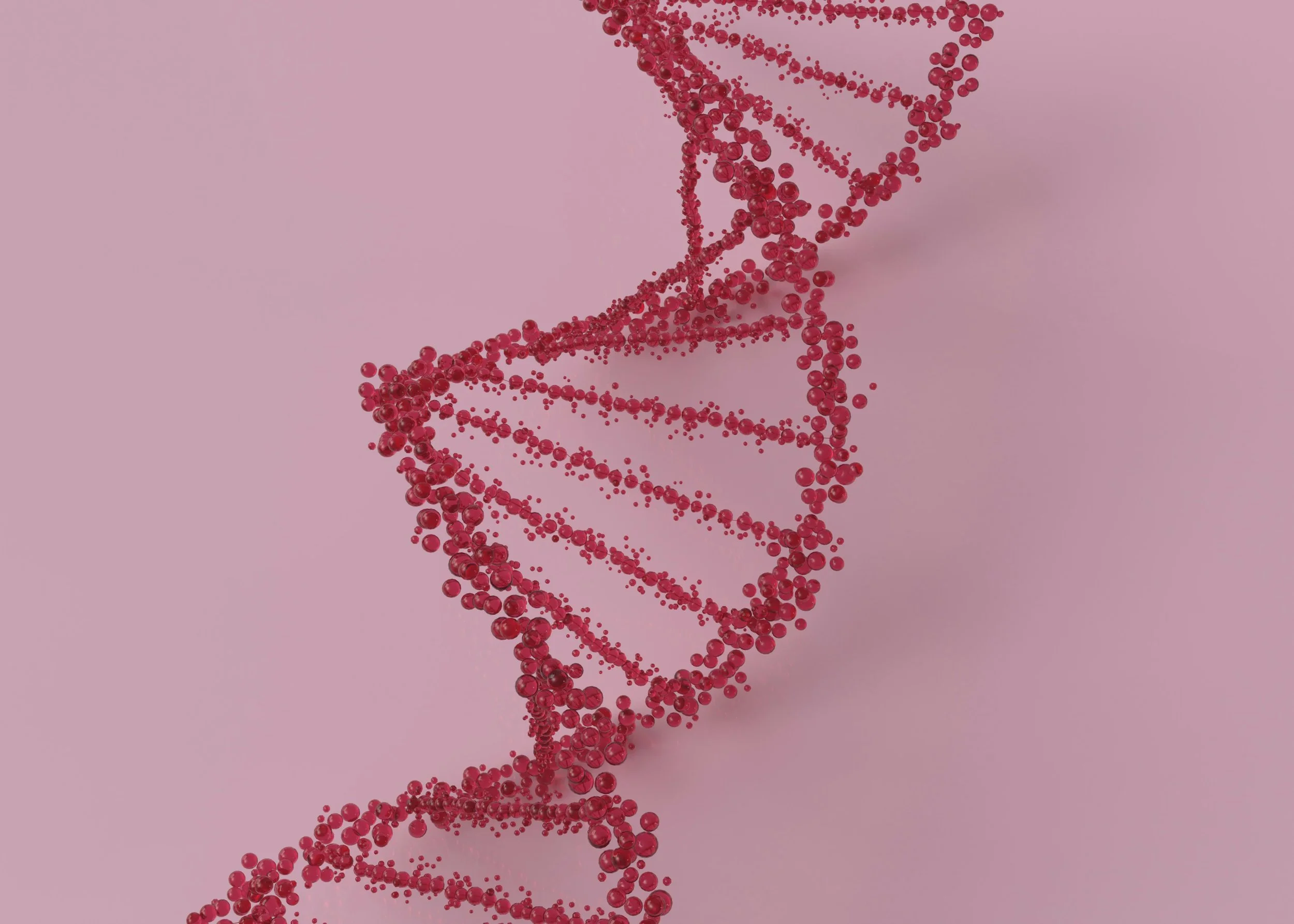Our Research
Developing advanced genomic tools to dissect human somatic evolution
Humans consist of 30+ trillion cells, and far from being genetically identical, these cells acquire different mutations across tissues throughout a person’s lifespan. Thus, individuals harbor not a single genome, but many. Our lab focuses on somatic evolution, the process by which single cells gain mutations over time, and how these clonal outgrowths impact human health and disease.
Major Themes in Our Research
-

Single-cell multiomics from human samples
We use genotype-aware single-cell analysis to perform genotype-to-phenotype analysis, leveraging wild-type cells that are co-mixed with somatic mutant cells in the same tissue from the same patient as an ideal control to identify mutation-specific phenotypes and gain insights into mechanisms of cellular disruption in mutant cells.
-

Cell-free DNA sequencing for liquid biopsy
Our whole-genome approach for plasma DNA sequencing overturns the prevailing paradigm in liquid biopsy for cancer detection that relies on targeted panel sequencing, enabling detection of circulating tumor DNA in the parts-per-million range or without matching primary tumor.
-

Lineage tracing in human single cells
We construct single-cell somatic phylogenies to provide a “time machine” that traces evolutionary history, similar to phylogenetic recontstruction in species evolution, using cell-intrinsic barcodes and simultaneous phenotyping to define key questions about clonal architecture and growth dynamics directly from patient samples.
Join our Lab!


